The mission of Air Force Junior ROTC is to “Develop citizens of character dedicated to serving their nation and community.” Air Force Junior ROTC is not an USAF accessions program and cadets are never under any obligation to join the military. To that end we use a curriculum that challenges students to learn and grow while exposing them to some of the unique elements of their United States Air Force.
First year in the program: The first year curriculum counts towards a health credit and a physical education credit. Students learn about healthy living, the benefits of an effective exercise program and the role of a healthy diet in human performance. They learn about mental health, making healthy choices and understanding how the Air Force core values of Integrity, Service Before Self and Excellence in all We Do can help them achieve their personal and academic goals.
Second through fourth years: If you take JROTC beyond your first year we rotate through three curricula to ensure that students experience something new each year.
This course is taught as part of our First Year program and focuses on the tenants of leadership. Students will learn how to incorporate healthy living choices in their lifestyles and how those choices can affect their overall long term success. Students will also study Aviation History and the development of today’s Air Force.
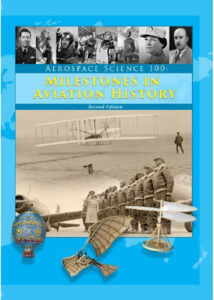
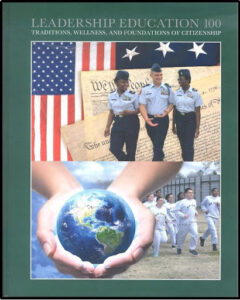
Students will learn the science of flight. Topics will include the physics of how a wing works, how jet and propeller engines work and the workings of a modern airport. They will also learn about life skills and how to prepare for a career.
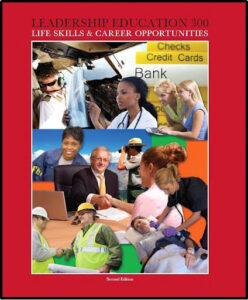
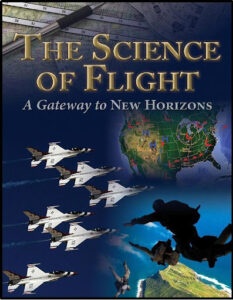
Starting with the history of space exploration, students will explore the tools used to explore space, the planets in our solar system and the possibilities that lie beyond. Topics will include gravity, dark matter, rocket propulsion and types of stars. Students will also learn about management, leadership and developing a team environment.
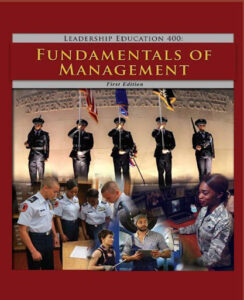
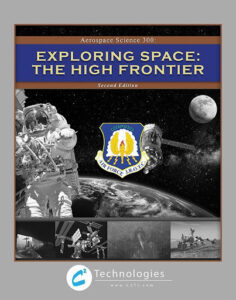
Students will learn basic survival skills to help them navigate a potential emergency situation. Topics will include basic firecraft, water procurement and water treatment, field medicine, shelter building, knot tying and survival tool care and use. Students will also learn the fundamentals of communication skills and how leaders use communication to achieve team goals.
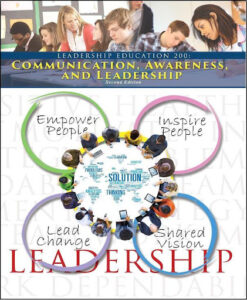
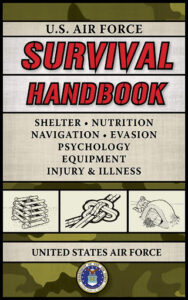
This page contains the shell we use to help our cadets learn to write a meaningful paragraph.
Partnering with the FEWS2 program at Lincoln Northeast and staff from the University of Nebraska at Lincoln, all JROTC cadets will write a 3 to 5 page paper in January and February on a Global Food Security issue. Students will then present their papers in a 3-5 minute speech in class. These papers will be graded and reviewed by JROTC instructors and FEWS2 staff. The best papers will be chosen to attend the Nebraska Youth Institute where they will spend a day with industry experts and college professors. Students that attend the Institute will have the opportunity to earn scholarships and fellowships.